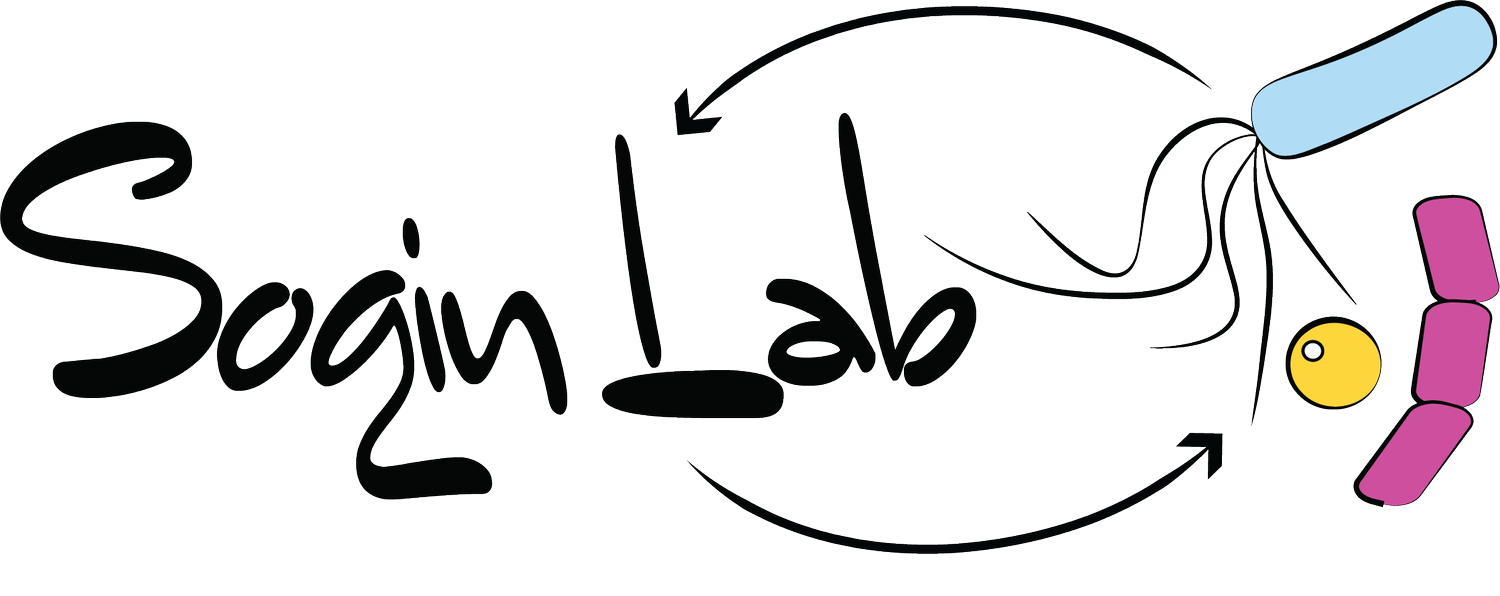Summary
Microbial communities exchange molecules with their environment, which plays a major role in regulating global biogeochemical cycles and climate. While extracellular metabolites are commonly measured in terrestrial and limnic ecosystems, the presence of salt in marine habitats limits the nontargeted analyses of the ocean exometabolome using mass spectrometry (MS). Current methods require salt removal prior to sample measurements, which can alter the molecular composition of the metabolome and limit the types of compounds detected by MS. To overcome these limitations, we developed a gas chromatography MS (GC-MS) method that avoids sample altering during salt removal and that detects metabolites down to nanomolar concentrations from less than 1 ml of seawater. We applied our method (SeaMet) to explore marine metabolomes in vitro and in vivo. First, we measured the production and consumption of metabolites during the culture of a heterotrophic bacterium, Marinobacter adhaerens. Our approach revealed successional uptake of amino acids, while sugars were not consumed. These results show that exocellular metabolomics provides insights into nutrient uptake and energy conservation in marine microorganisms. We also applied SeaMet to explore the in situ metabolome of coral reef and mangrove sediment porewaters. Despite the fact that these ecosystems occur in nutrient-poor waters, we uncovered high concentrations of sugars and fatty acids, compounds predicted to play a key role for the abundant and diverse microbial communities in coral reef and mangrove sediments. Our data demonstrate that SeaMet advances marine metabolomics by enabling a nontargeted and quantitative analysis of marine metabolites, thus providing new insights into nutrient cycles in the oceans.
Marine Metabolomics: a Method for Nontargeted Measurement of Metabolites in Seawater by Gas Chromatography–Mass Spectrometry
EM Sogin; E. Puskas; N Dubilier; Manuel Liebeke, mSystems 4 (6) :695-718 (2019).

